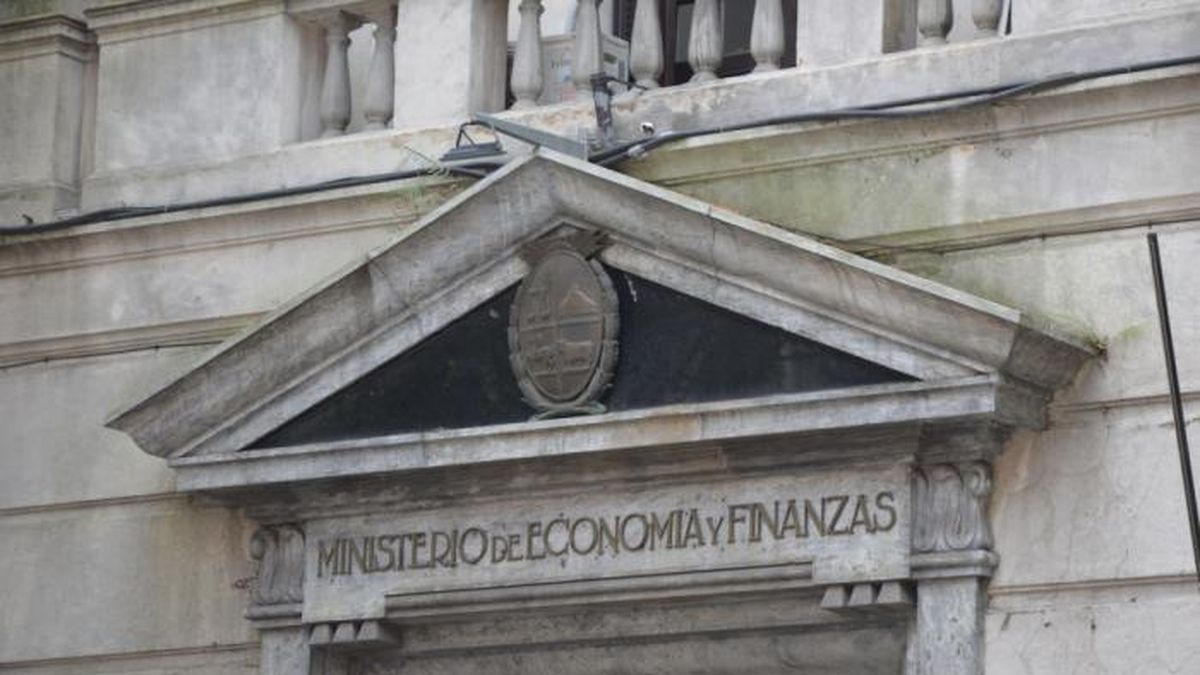He fiscal deficit remained unchanged in October compared to last month and remained at 4% of the GDP, without counting the income Social Security Trust (FSS), according to the Public Sector Result report prepared by the Ministry of Economy and Finance (MEF).
The survey specified that the result of the Central Government – Social Security Bank (GC-BPS) for the last 12 months was 3.9% of GDP, while the income of funds to the FSS was 0.1%, moving away from the government’s goal at the beginning of an electoral year.
In general, the income of GC-BPS They stood at 25.7% of GDP, a drop of 0.2% when compared to the 12 months ended in September, something that the MEF attributed to lower collection of the DGI and the fall in other Central Government income.
In turn, primary expenditures stood at 27.3% of GDP, also with a decrease of 0.2% compared to the 12 months ended in September, a situation that the survey indicated is due to a drop in transfers and investments.
The Global Public Sector deficit increased to 4.4%
Meanwhile, the report indicated that the Global Public Sector deficit (SPG) stood at 4.3% of GDP and, once adjusted for the FSS effect, it stood at 4.4%, deteriorating 0.1% compared to last month.
He MEF indicated that the net expenses attributed to COVID-19 Solidarity Fund were estimated at 0.1% of GDP and the GC-BPS interest payment remained at 2.3% of GDP, the same as the previous month.
For its part, the result of the Public enterprises (EEPP) was 0.1% of GDP, remaining stable, that of Non-monetary Public Sector (SPNM) stood at 3.7% of GDP and 3.9% excluding FSS income. Finally, the overall result of the Central Bank of Uruguay (BCU) was 0.6% of GDP.
The government moves away from the fiscal goal
In the latest annual update of the five-year budget of the MEF, carried out last June, it was estimated to close the year with a fiscal deficit of 3.2% of GDP, in an upward correction of the previous estimate, forecast at 2.6%, at a time when Uruguay faces “a pre-electoral test”, as they stated from Fitch Ratings.
As analyzed by the CPA economist Ferrere, Nicolas Cichevski, Some cost reductions will not be enough to achieve the desired result. “Although in November-December investments and expenses made only once in 2022 will leave the account (about 3 or 4 tenths), it is very unlikely to close the year at 3.2%,” he anticipated in his X account.
Source: Ambito




